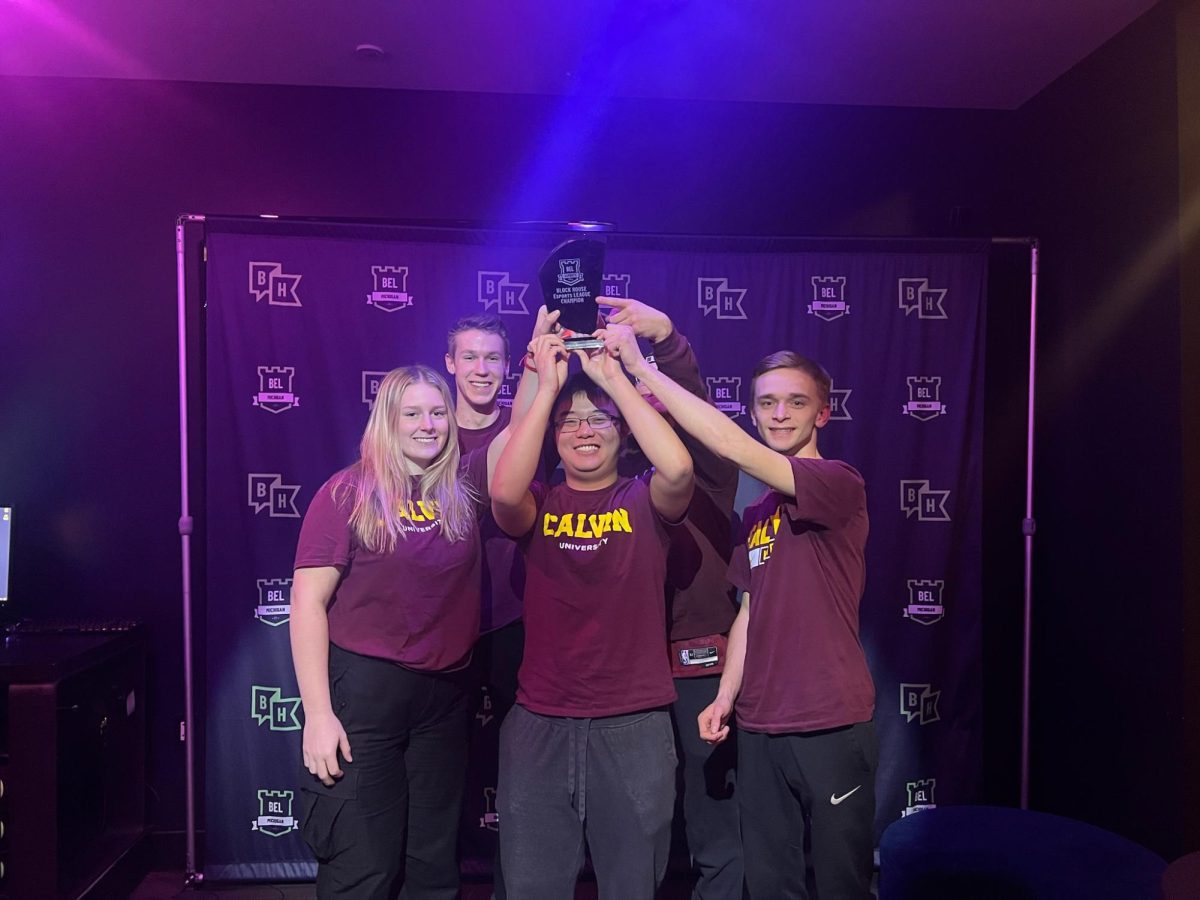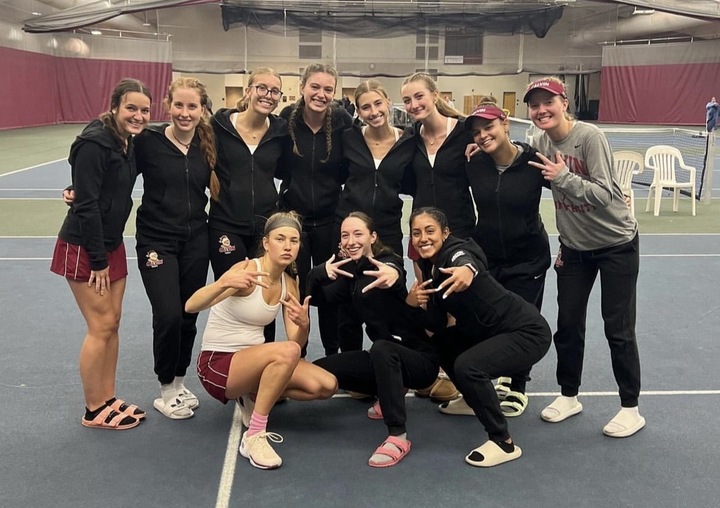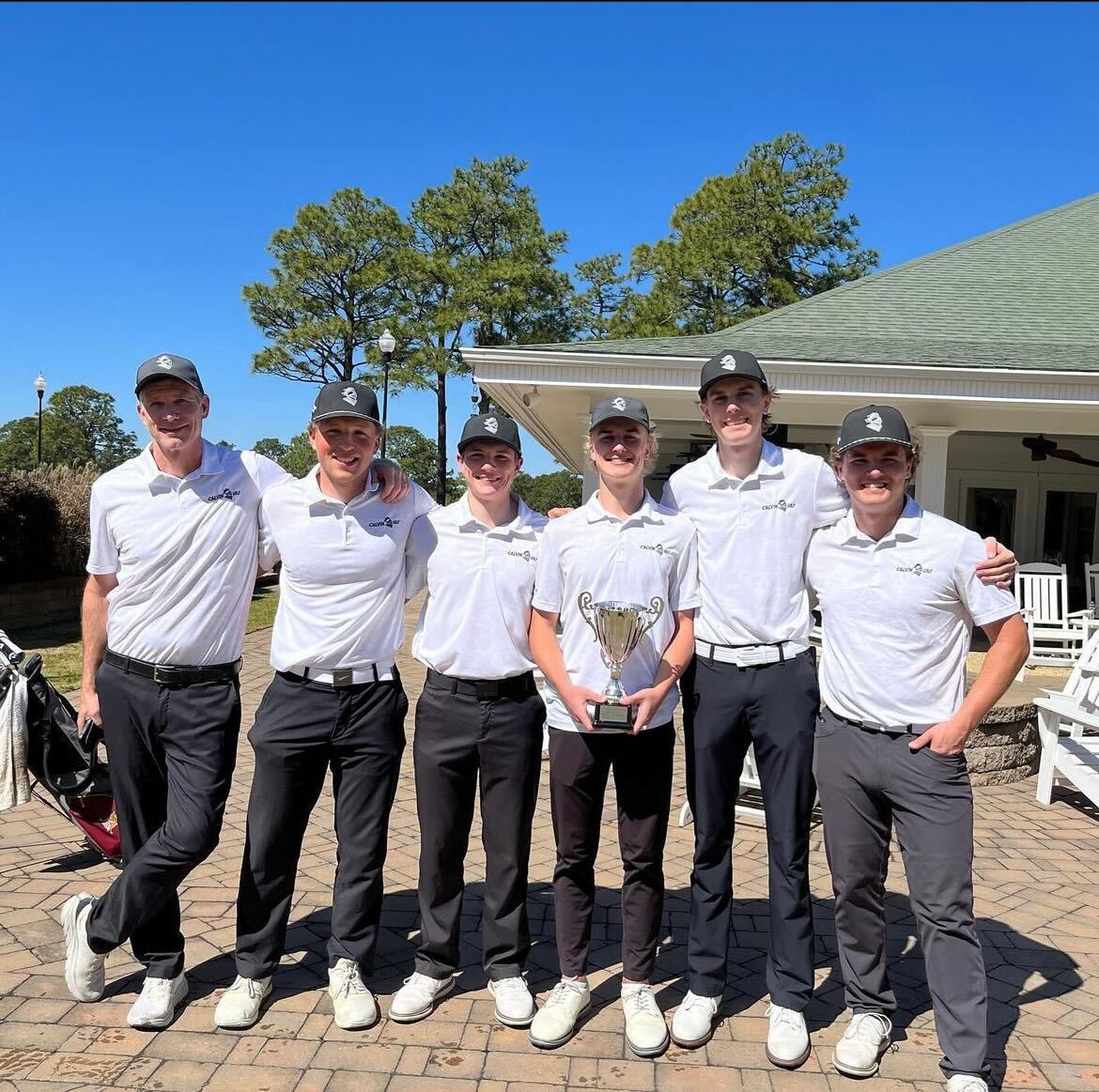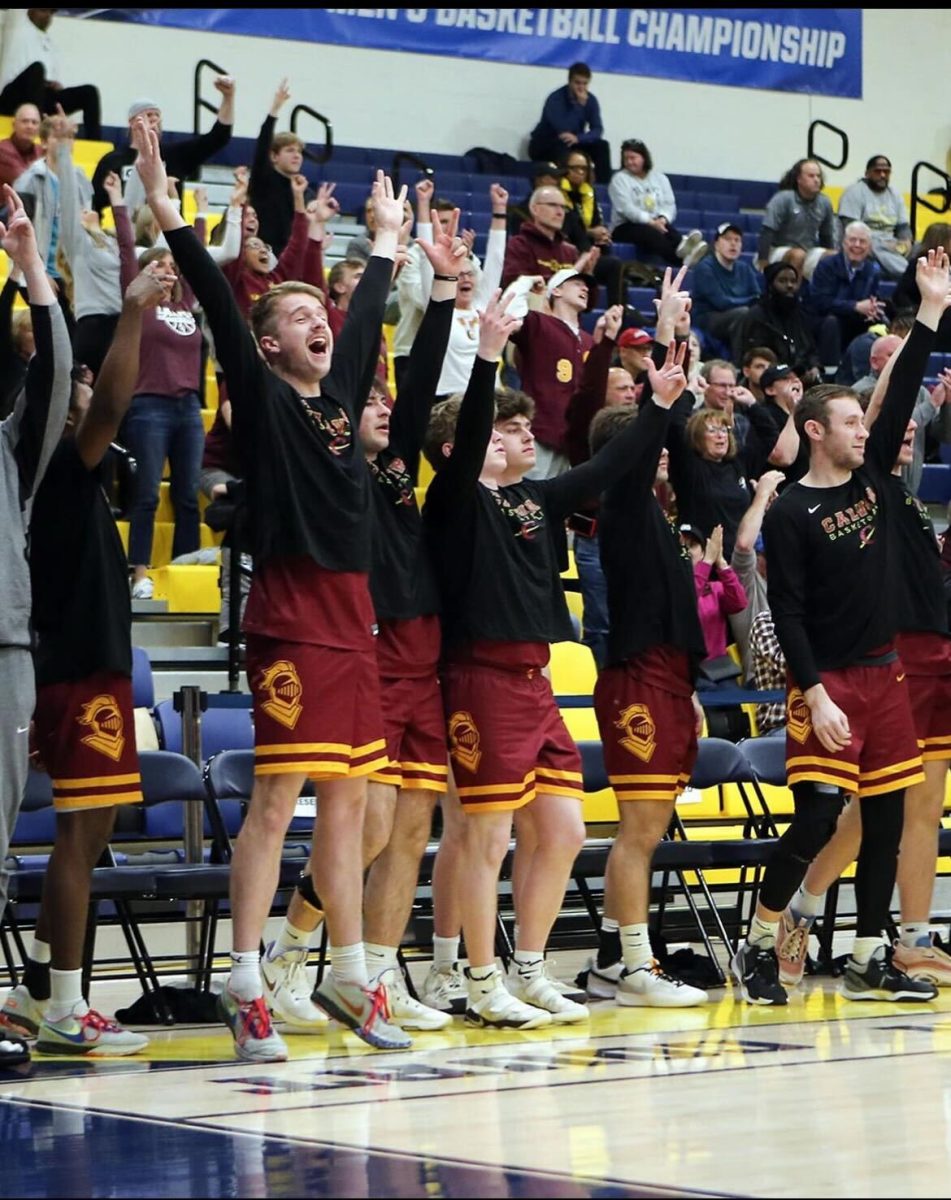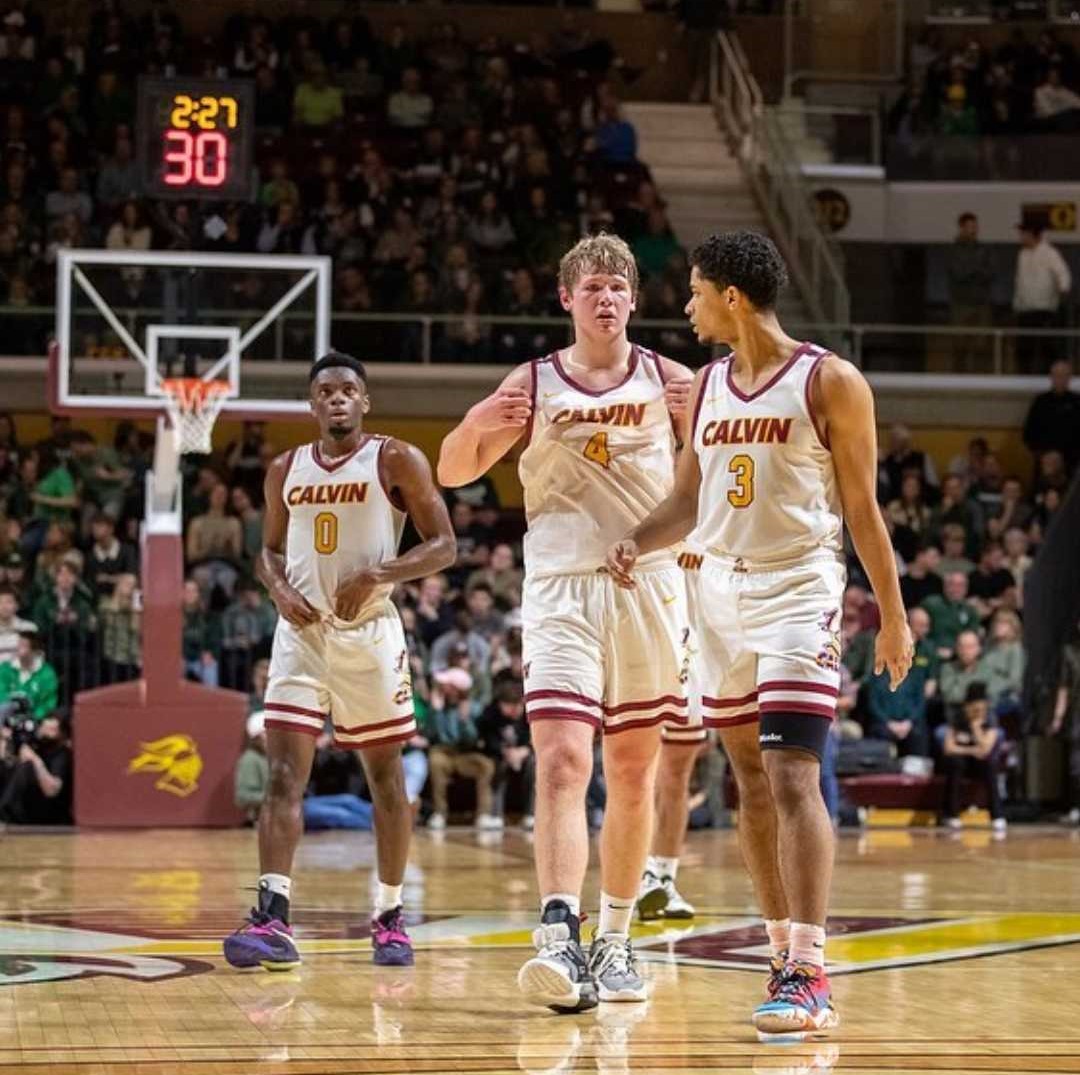Two weeks ago, a federal appeals court overturned a ruling that would have resulted in college athletes getting paid.
The debate over whether college athletes should be paid has been going on for many years, especially when it concerns high profiting football and basketball programs across the country.
Headlined by former UCLA basketball player Ed O’Bannon and Northwestern University Football Players, those for paid college athletes have made their position clear: the athletes generate revenue for the NCAA and they should receive their due benefits.
On the other side of the argument, colleges and universities argue that the athletes are, above all else, students, and as student-athletes are viewed as amateurs.
Recently, Michigan football head coach Jim Harbaugh weighed in on the subject, per the Detroit Free Press.
“The one thing they probably need to look at is, if they are paid something and they become employees, there would be a real chance that they would be taxed — that their scholarship would be taxed as a taxable benefit,” Harbaugh said in Tuesday’s Big Ten conference call.
Players given a full scholarship are awarded $65,000 to cover tuition, room, board, books and fees. If they were to be labeled as employees of their respective universities they would, as Harbaugh went on to note, be taxed for their gross income.
“I don’t know if they’ve really looked at that and wondered if they might not be better off in a situation that they have [now],” Harbaugh continued. “That’s my question. The youngsters might be in a worse position if they’re paid something, some amount of money, and they become employees of the university.”
The ninth U.S. Circuit Court of Appeals did uphold a part of the earlier ruling, however. The ruling allows NCAA member schools to include the full cost of attendance in scholarships and not just the aforementioned tuition, room, board, books and fees.
The greatest argument proposed by proponents of paid athletes is that they deserve revenue the NCAA generates from using their likenesses in jersey sales and video games. The plaintiffs claimed that antitrust law supports their position.
The court wrote that “The Rule of Reason requires that the NCAA permit its schools to provide up to the cost of attendance to their student athletes. It does not require more.”
Michael Carrier, a law professor at Rutgers University, explained that the recent rulings can provide relief for both sides.
The subject of NCAA athletes getting paid was highlighted in the 2013 ESPN documentary “Schooled: The Price of College Sports” and is sure to continue to be prominent in the mind of athletes and NCAA officials alike.



